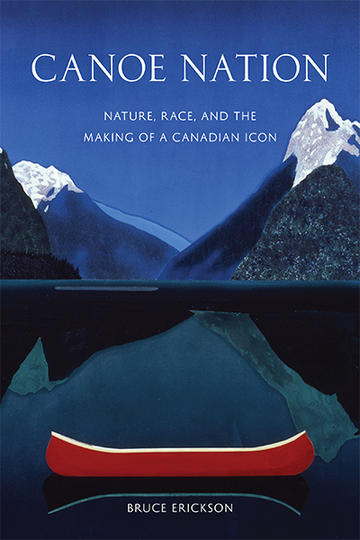About BC Books Online
BC Books Online was created for anyone interested in BC-published books, and with librarians especially in mind. We'd like to make it easy for library staff to learn about books from BC publishers - both new releases and backlist titles - so you can inform your patrons and keep your collections up to date.
Our site features print books and ebooks - both new releases and backlist titles - all of which are available to order through regular trade channels. Browse our subject categories to find books of interest or create and export lists by category to cross-reference with your library's current collection.
A quick tip: When reviewing the "Browse by Category" listings, please note that these are based on standardized BISAC Subject Codes supplied by the books' publishers. You will find additional selections, grouped by theme or region, in our "BC Reading Lists."
More than an ancient means of transportation and trade, the canoe has come to be a symbol of Canada itself. In Canoe Nation, Bruce Erickson argues that the canoe’s sentimental power has come about through a set of narratives that attempt to legitimize a particular vision of Canada that overvalues the nation’s connection to nature. From Alexander Mackenzie to Grey Owl to Pierre Elliott Trudeau, the canoe authenticates Canada’s reputation as a tolerant, environmentalist nation, even when there is abundant evidence to the contrary. Ultimately, the stories we tell about the canoe need to be understood as moments in the ever-contested field of cultural politics.
Bruce Erickson is an assistant professor in the Department of Geography at York University in Toronto.
Canoe nation explores how the canoe is not only an important object of Canada’s understanding of itself as a nation, but also a vital and changing practice that is key to historically specific configurations of economics, landscapes, and modes of governance and citizenship. Ranging from the fur trade to celebrity wilderness paddling and tracing complex connections among economic, colonial, pedagogical, recreational, and environmental desires, Erickson’s brilliantly original analysis shows that the canoe is, quite literally, a vehicle of power in the Canadian national landscape.



